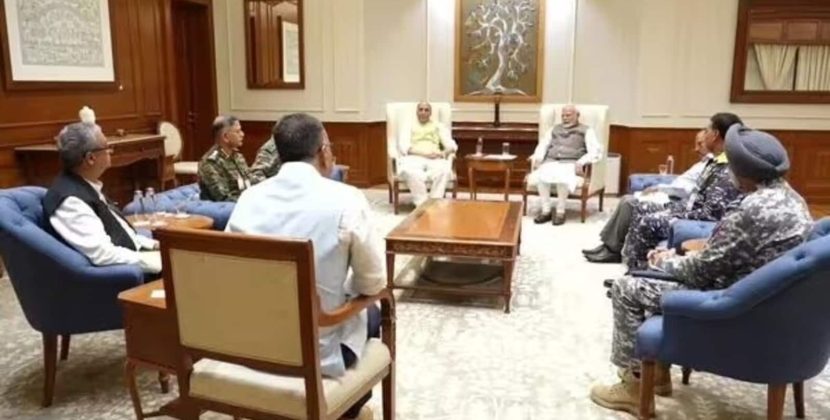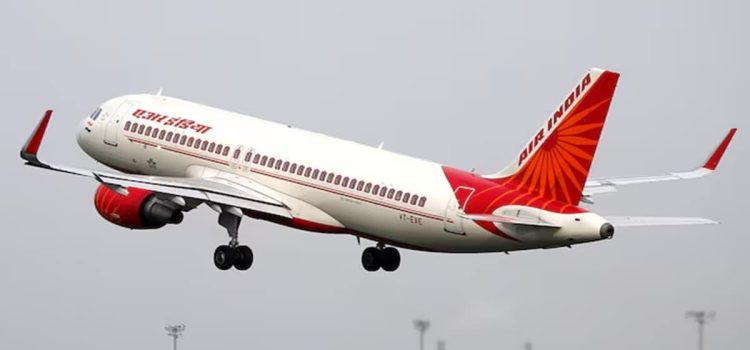
Aviation Working Group (AWG), which monitors leasing and financial laws for aircraft manufacturers and lessors, has welcomed India’s new Bill to safeguard lessors but kept the country on watchlist, keeping its overall score even below that of Pakistan’s.
The Union Cabinet approved the ‘Protection and Enforcement of Interests in Aircraft Objects Bill, 2024’ (Cape Town Convention Bill) in January to make it easier for lessors to repossess their aircraft and engines in case their Indian clients flout norms or go belly up.
While the overall CTC compliance outlook of India has been kept ‘positive’ by AWG, the country stays in the medium category (higher compliance is favoured) with a lower index score of 61. This score is lower than 63.5 awarded in May 2023 when India was downgraded to a ‘negative’ outlook. At 71, Pakistan scores higher in the AWG analysis. Pakistan’s aviation passenger market at 7.6 million, as of the end of 2023, is minuscule compared to 327 million clocked by India in the same year.
“The introduction of the CTC Bill is a material development affecting CTC compliance in India and, if enacted, would be a positive development,” AWG said. AWG cited outcomes in cases of SpiceJet, Supertech, Jet Airways insolvency and Go First insolvency for the analysis. The watchdog has said that enacting legislation giving CTC primacy over conflicting national law would increase India’s score.
AWG, co-chaired by Airbus and Boeing, is a not-for-profit legal entity comprising aircraft lessors, including AerCap, the world’s biggest, and financial institutions like Deutsche Bank and Standard Chartered.
SMBC Aviation Capital, world’s second largest aircraft lessor and a member of AWG, is one of the companies embroiled in the legal fight to repossess aircraft it leased to Go First.
In light of the Go First fiasco, aircraft lessors had lodged a strong protest with officials for being prevented from taking possession of their assets. This became a significant negative for the Indian airline market as most of the aircraft are leased.
Global lessors and financiers keenly watch AWG’s comments and analysis on individual markets, especially India, which is the third largest domestic aviation market in the world.
Following reluctance of Go First in returning the aircraft possessed by it back to its lessor partners, which led to the downgrading of India’s score by AWG, leasing norms were tightened and perhaps increased leasing costs.
In May last year, aviation regulator Directorate General of Civil Aviation (DGCA) deregistered all the 54 aircraft that were leased by Go First after an order by the Delhi High Court, bringing relief to its lessors.











